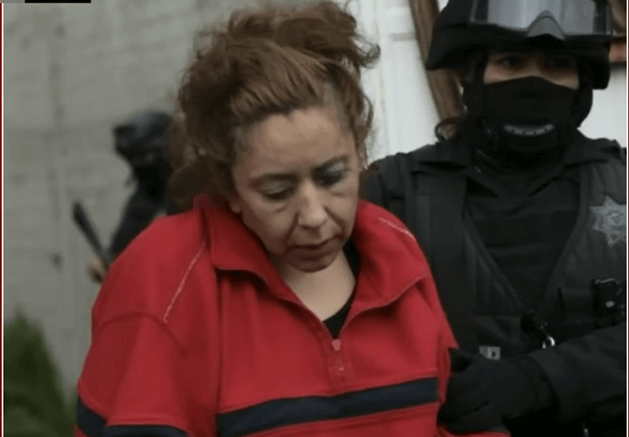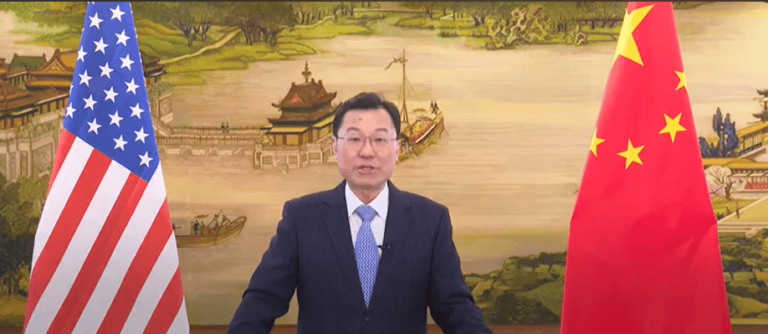It was thanks in large part to the work of a Chilean lawyer who has come to symbolise Latin American feminism, that the country’s first voting rights bill was passed.
In honour of Chilean feminist hero Elena Caffarena, who was born on the same day as today in 1903 and rose to prominence as a lawyer and politician, Google devoted its doodle on Wednesday.
Search engines in Chile, Argentina, Colombia, Mexico, and Peru will display the gesture.
We want to keep shining a spotlight on women who have excelled in many sectors of endeavour via this effort.” When it comes to social movements and women’s liberation at the beginning of the 20th century, Caffarena had a significant role to play,” according to a statement from the Chilean corporation.
Catalina Bu, a penquista artist and writer, was tasked with designing the artwork for Elena Caffarena. As she said, “I was really honoured and frightened at the same time to have the opportunity to represent Elena Caffarena.”
“I wanted to be extremely loyal to his character and concentrate on his political activities,” the artist says of the source of inspiration for this piece: “prior documentation.”
There she may be seen leading a march for the right of women to vote, which Bu describes as “one of her most significant contributions to our civil rights.”.
Women from the past, as well as contemporary feminists from Chile, may be found in this exhibit.” According to her, “I believe all these women demonstrating and shaking hands reflect sisterhood and the significance of being together and speaking out against sexism,” she said.
Who was Elena Caffarena
Eleni Mafalda Zunilda Morice, born in Iquique on March 23, 1903, was the daughter of Blas Caffarena Chiozza and Ana Morice, an Italian textile tycoon. She was one of a total of seven children.
Early in the 20th century, she enrolled Chile’s Universidad de Chile School of Law, where she was promptly exposed to volunteer workshops for worker education. To further pique her interest in protecting the rights of the most marginalised, she meets Emilio Recabarren.
In 1922, she became a volunteer at the Free Legal Defense Office after joining the Student Federation. In the same year, during the “university reform” strike, she was acknowledged as a student leader.
With Mara Marchant and Aurora Blondet, he had to explain why the Central House of the University of Chile was seized. She was one of the first 15 Chilean women to acquire a law degree in 1926.
One of the pioneers of Chile’s feminist movement, she co-founded the “Association of University Women” with Amanda Labarca in 1931 and the “Movement for the emancipation of women of Chile-MEMCH” with a diverse group of women in 1935.
As a result, Caffarena’s declaration that undesired births were’social tragedies’ provoked a great deal of debate among feminists.
In the wake of these remarks, conservatives and members of the press dubbed the organisation “family destroyers” and “communists.”
In 1938, with Pedro Aguirre Cerda in charge of the administration, the first dreams for women’s suffrage started to grow in the country. As a result of the President’s untimely death, Elena Caffarena and Flor Heredia began work on a measure to enable Chilean women to vote in all national elections.
On January 8, 1949, President Gabriel González Videla signed into law Law No. 929, granting women the right to vote in all elections.
But Elena Caffarena’s civil rights were terminated three days later when the so-called “Cursed Law” was used against her. As a result of this behaviour, the lawyer decided to make her expertise accessible to everyone who was being targeted by the statute in question.
A century old, Elena Caffarena died on July 19, 2003.










+ There are no comments
Add yours